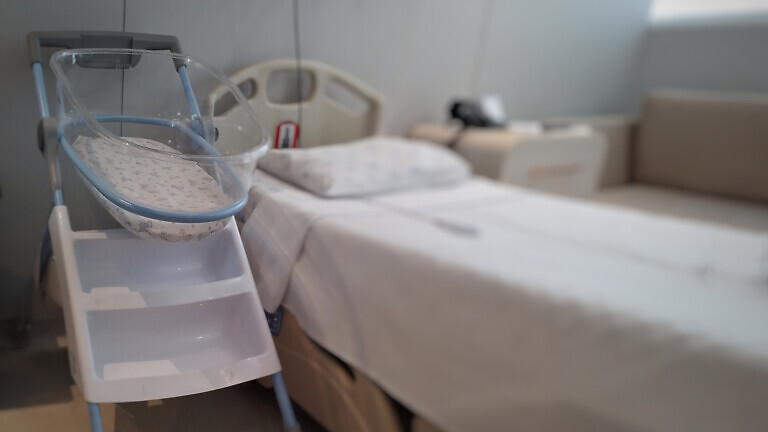Backed by Roche Diagnostics, the initiative hopes to improve the early detection of rare eye cancers.
The University of Liverpool has launched the Eye Cancer Artificial Intelligence Digital Bioresource, an initiative to improve early detection of rare eye cancers.
The initiative is backed by Roche Diagnostics which has supplied a high-resolution scanner to analyse eye cancer cells and tissues. The Ventana DP 600 digital pathology slide scanner will provide high-quality digital images of rare ocular tumours.
The university and Roche Diagnostics signed a memorandum of understanding last year.
“Our collaboration with the University of Liverpool Eye Cancer Artificial Intelligence Digital Bioresource has created a first-of-its-kind digital repository for rare eye cancer,” said Luke Benko, international business leader, digital pathology at Roche Diagnostics. “The goal is to provide an equitable and accessible resource to the scientific community, potentially improving disease treatment, enabling researchers and doctors worldwide to benefit and helping enhance patient care.”
Advancing understanding of eye cancers
Eye cancers can affect many parts of the eye. They are rare, with only around 1,000 new cases every year in the UK. The death rate from the various types of eye cancer, however, can be as high as 50% and all eye cancers can potentially cause blindness and visual impairment together with facial disfigurement.
The initiative builds on an eye cancer biobank, established 14 years ago, in association with the Liverpool Ocular Oncology Centre – one of only three UK specialist eye cancer centres. The others are in Sheffield and London. It aims to connect all three eye cancer centres across NHS England and integrate clinical, radiological, histological and genetic data of consented patients. Using AI-driven analysis, researchers want to develop better diagnostic tools, which will lead to faster, more precise and personalised treatments.
“By uniting clinicians, researchers, industry, and charities, we’re advancing our understanding of eye cancer, its causes, and treatments,” said Sarah Coupland, director of the Liverpool Ocular Oncology Research Group.



